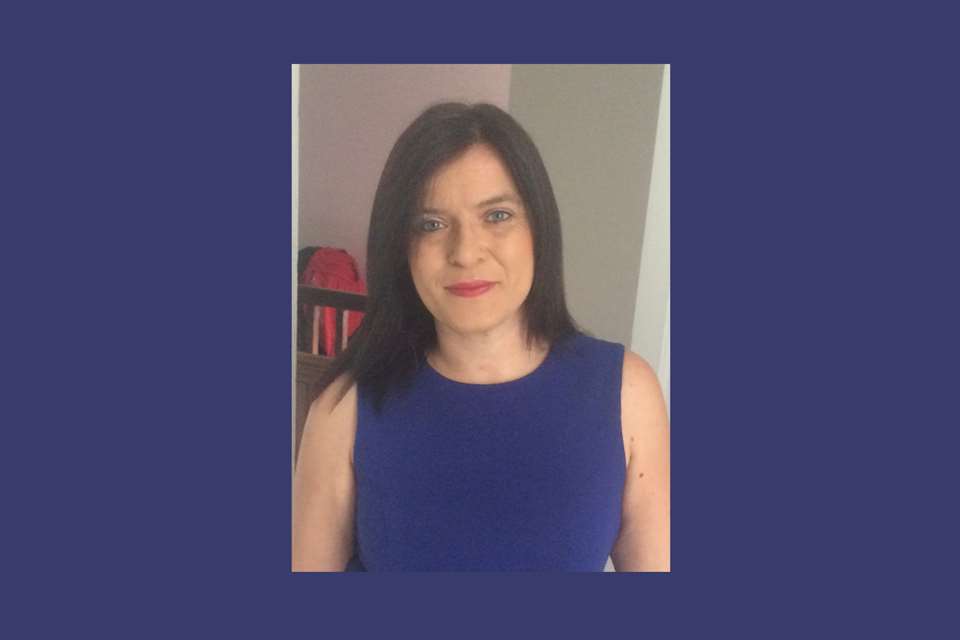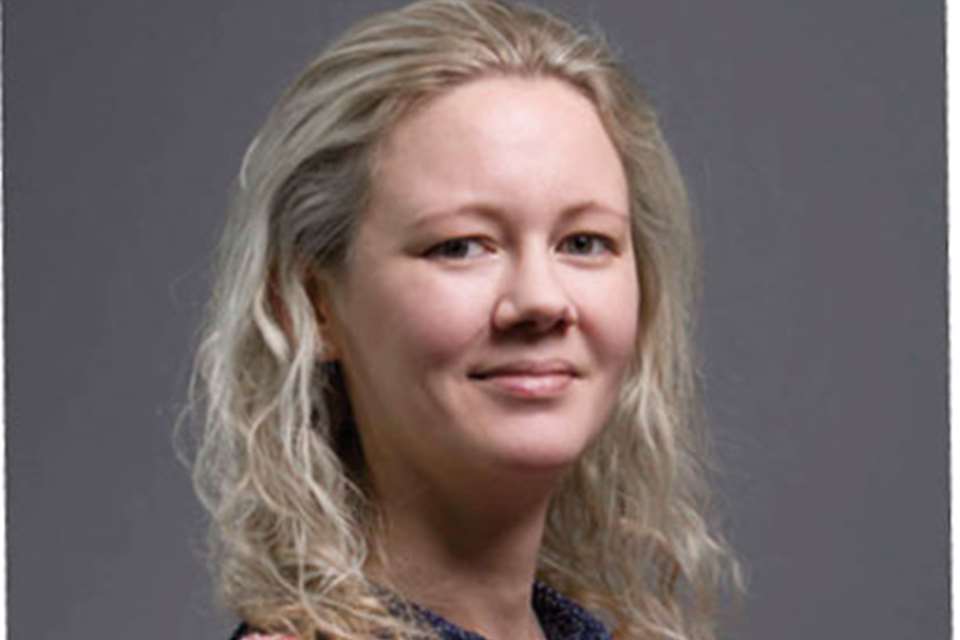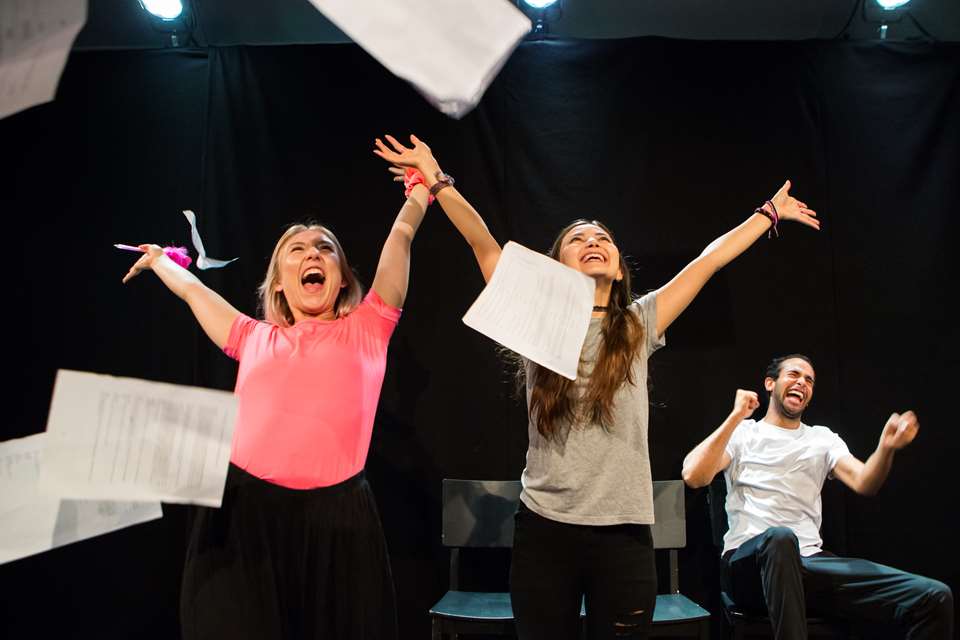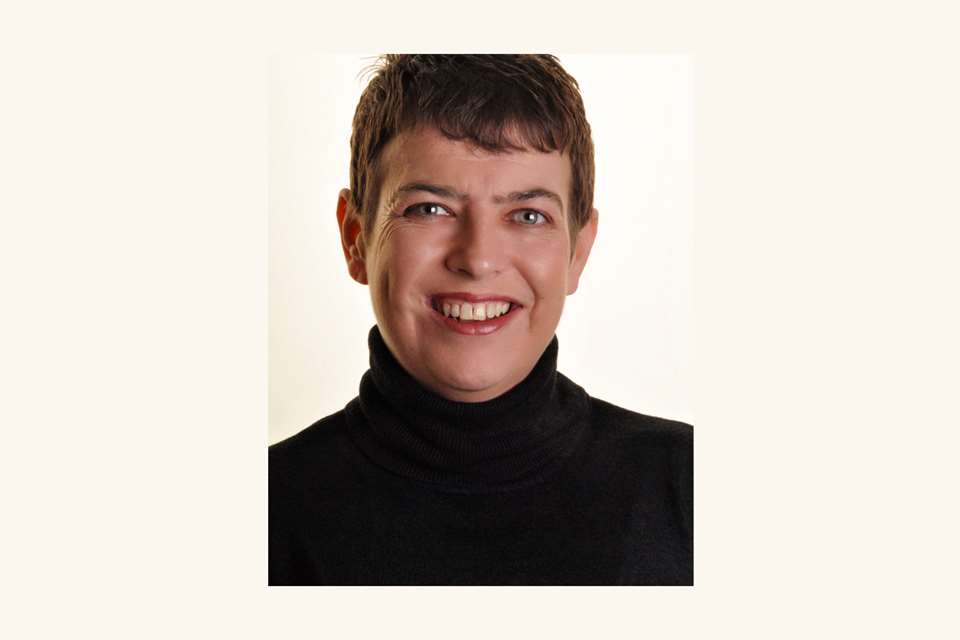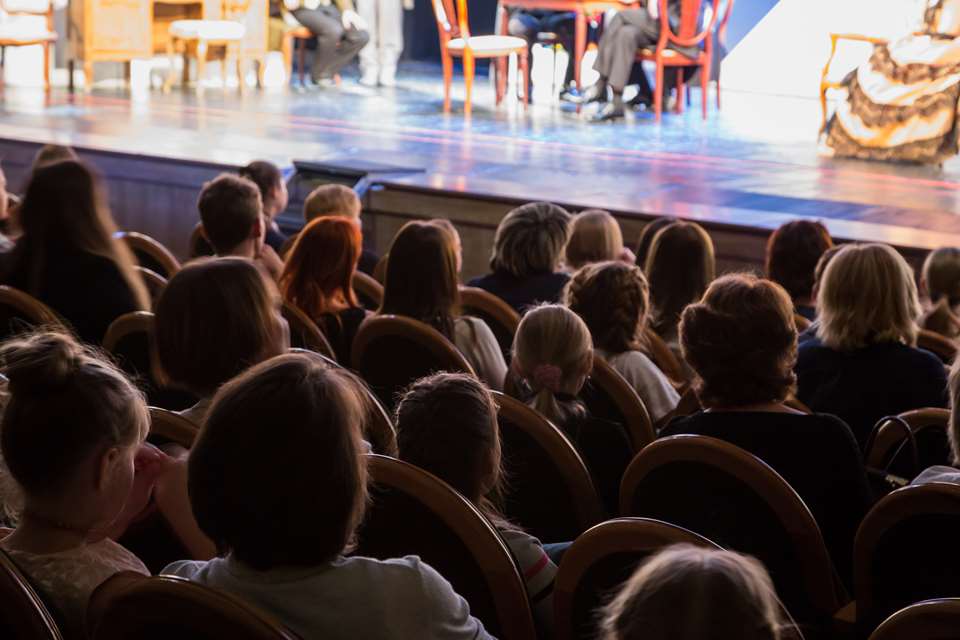Opinion with Phil Cleaves
Phil Cleaves
Saturday, October 1, 2022
'Is it even theatre anymore?'
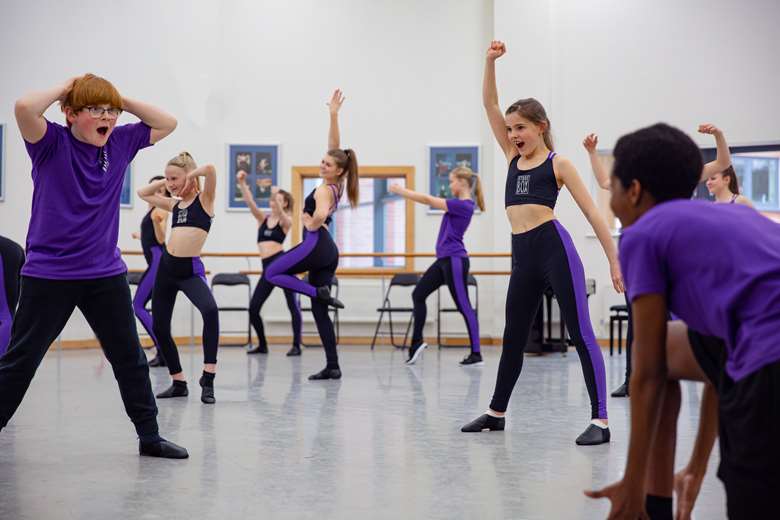
England's educational shift towards a Hirschian core curriculum and the subsequent conception of knowledge as fixed, linear, and hierarchical has left the Drama and Theatre A Level untethered from its discipline. In its current state, the subject fails to prepare students for higher education courses and doesn't provide the knowledge or skills to thrive as a theatre professional.
It is a subject stuck in the shadow of English Literature after infighting within the drama community in the 80s resulted in a lack of consensus around the criteria that determine quality. As a result, the Drama and Theatre A Level, burdened by its ties with literature, became a slave to texts and written communication. The ‘theatre thinking’ that survives is reduced to ideas that can be summarised and packaged for the purposes of timed written exams. The very presence of these exams hugely influences approaches to practical work as time and funding constraints leave teachers with little option but to return to ‘risk-free’ practitioners, texts, and productions.
The emphasis on replicating practitioners or adapting texts demonstrates how the Drama and Theatre A Level is stuck in a knowledge reproduction mode that restricts creativity. However, other arts subjects offer a precedent for facilitating creative knowledge production at A Level, which could easily be replicated across Drama and Theatre. Consider the depth and breadth of theories in Media Studies, which empowers students to think of their practice as an act of theorising. English Literature assessment objectives demand ‘personal’ responses that empower students to have creative autonomy in their critical analysis. Art gives students time and space to develop their own practice within 100% practical assessment away from the typical examination room setting.
My PhD research builds on these precedents, proposing an alternative Theatre and Performance A Level subject content and specification in which the language of assessment is grounded in principles of processual knowledge. These are informed by my observations of professional rehearsals and the language of semiotics, phenomenology and Deleuzian difference. This type of processual knowledge aligns with Ofsted's adoption of the idea of ‘disciplinary knowledge’. It is a challenge to the dominance of the ‘substantive knowledge’ that reduces theatre to compartmentalised elements and authorial intention at the service of written exams.
I want my subject content and specification to inform conversations in preparation for the government's next subject consultations. As part of this, I will be presenting my ideas at the 2023 Music & Drama Education Expo, which I hope will be the first step towards creating an A Level that is more representative of the discipline of theatre.
Phil Cleaves - freelance drama and theatre education consultant, founder of Essential Drama




